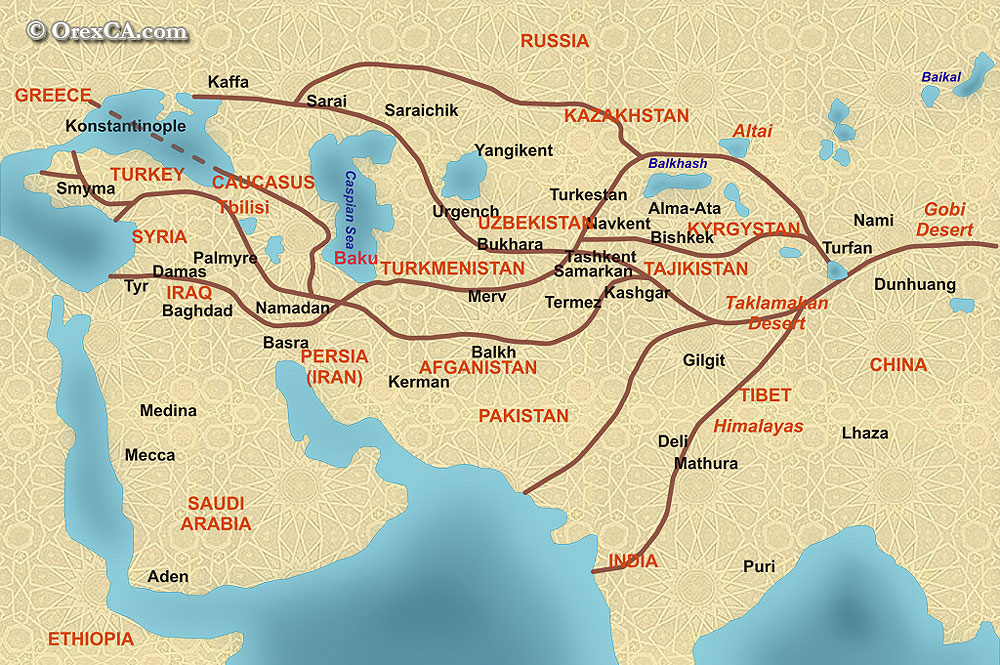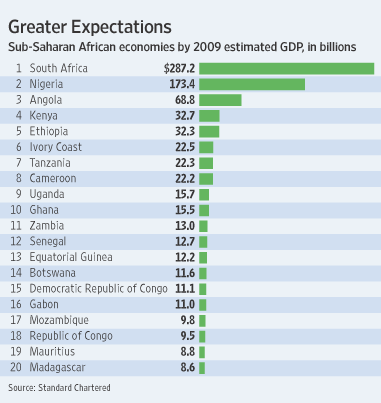WPR's The New Rules: The New World Order-After-Next
 Monday, July 25, 2011 at 10:05AM
Monday, July 25, 2011 at 10:05AM
There is no faster route to second-tier great power status than for an actual or aspiring superpower to fight a crippling conflict with another country from those same ranks. Moreover, if history is any guide, the glass ceiling that results is a permanent one: This was the fate of imperial Britain, imperial Japan and Germany -- both imperial and Nazi -- in the first half of the 20th century, and the same was true for Soviet Russia in the second half of the century, despite Moscow's conflict with the West being a cold one. The lesson is an important one for Washington, Beijing and New Delhi to keep in mind in the years ahead, given that the two most likely dyads for major war in the 21st century are America-China and China-India.
Read the entire column at World Politics Review.
 Brazil,
Brazil,  China,
China,  India,
India,  Russia,
Russia,  South Africa,
South Africa,  US | in
US | in  WPR Column |
WPR Column |  Email Article |
Email Article |  Permalink |
Permalink |  Print Article
Print Article 












